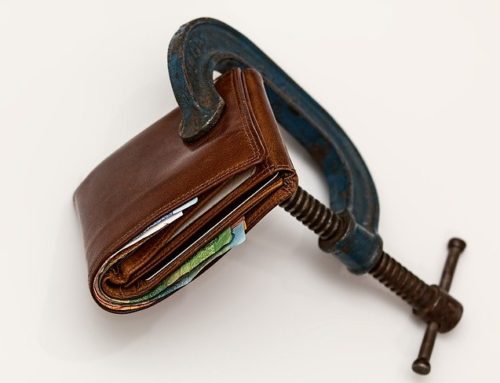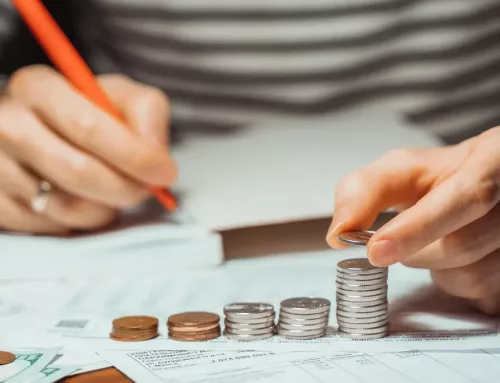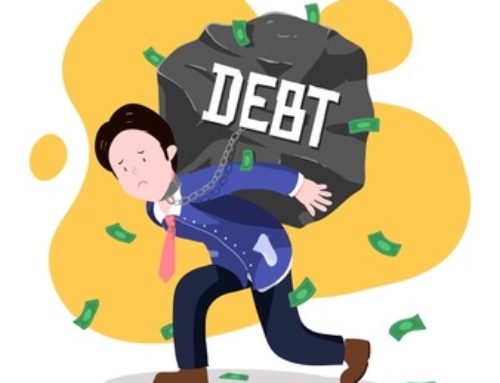Tips and Tricks to Pay Off Your Debts
Shedding debt quickly reduces your long-term interest costs and frees up your income for other goals. But when you’re staring down a towering stack of bills, repaying your creditors might seem impossible.
Fortunately, it’s possible to get out of debt with a bit of planning, time, and dedication. These seven tips and tricks from our reliable Missisissippi bankruptcy attorneys can help.

1. Define Your Strategy
The first step to putting a dent in your debts is deciding how to tackle them. We’ve rounded up a few strategies to give you some ideas.
Consider…
Setting Off an Avalanche
The “avalanche” debt repayment strategy can help you save by tackling your most expensive debts first. The premise is simple:
- Make the minimum payment on every debt except the most expensive one.
- Throw every spare dollar you can afford at the debt with the highest interest rate.
- When the balance reaches zero, move on to the next!
“Snowballing” Your Payments
The “snowball” method takes a slightly different approach by helping you build momentum over time.
Like the avalanche method, you make the minimum payment on all your debts – except your smallest debt, which you hit as hard as possible, when you’ve repaid this debt, “snowball” your extra money into the next-smallest debt to pay it off quicker.
Consolidating Your Bills
Debt consolidation involves combining multiple debts into a single loan or credit card bill, making your payments more manageable. Ideally, you’ll get a lower interest rate, too!
Asking for Help
If you’re struggling to keep afloat, let alone pay extra on your debts, a nonprofit credit counseling agency may be able to help. These firms help debtors budget, stick to a schedule, and even negotiate with creditors for better payment terms. Just be sure to do your research and find a reputable agency.
2. Create a Budget
There’s a reason budgeting pops up in every personal finance discussion: staying on top of your debts is crucial. Start by tracking your monthly income and expenses with pen and paper or a dedicated budgeting app. This makes it easier to find and plug “leaks” and frees up more cash long-term.
3. Pay More Than the Minimum
One easy way to pay down your debts fast is to make more than the minimum monthly payment. Making larger payments is especially advisable for high-interest debts like payday loans or credit cards. If you can afford an extra payment or two every year toward your mortgage, you can also lower your long-term loan expenses.
Some lenders charge penalties for paying off your debts early, so be sure to read the fine print!
4. Split Your Monthly Payments in Two
If you make one monthly payment, that’s 12 payments per year. But if you make a half-payment every two weeks, that’s 26 half-payments per year or 13 “full” payments. Simply splitting your bill into two chunks can help you get ahead and slims down the lump sum you pull from each paycheck.
5. Set Up Automated Payments
Setting up automated payments is a simple way to keep on top of your debts. Schedule your repayment date and amount, and let your account do the rest. (Remember to keep your checking account topped up, so you don’t risk an overdraft.)
6. Monetize Your Free Time
If you’re deep in the hole or want to get your debt payments out of the way, consider turning your hobby, passion, or free time into a moneymaker. From freelancing to housesitting to tutoring in your favorite subject, every dollar you bring in is another dollar that can reduce your debts.
7. Start an Emergency Savings Account
Saving while paying off debts might seem counterintuitive. But the easiest way to get back into debt fast is to be financially unprepared for a sudden emergency. Even if it’s only a few dollars a month, starting a savings account can help you reduce your reliance on your credit card when life happens.
Bonus Tip: Celebrate Your Milestones!
Paying off debt is hard work, especially when picking up extra shifts or side hustling to up your income. But if you don’t celebrate your milestones, it’s easy to get disheartened at the debts that lie ahead.
That’s why we recommend setting milestone goals and treating yourself when you reach them. For instance, every time you pay off $250, you might get a latte. And when you save $1,000 in the bank, it might be time to have a nice dinner out.
As long as you keep your spending reasonable, don’t take on more debt! – treating yourself isn’t just okay. It’s good for your mental health. And, by extension, your financial future.








Connect with Us